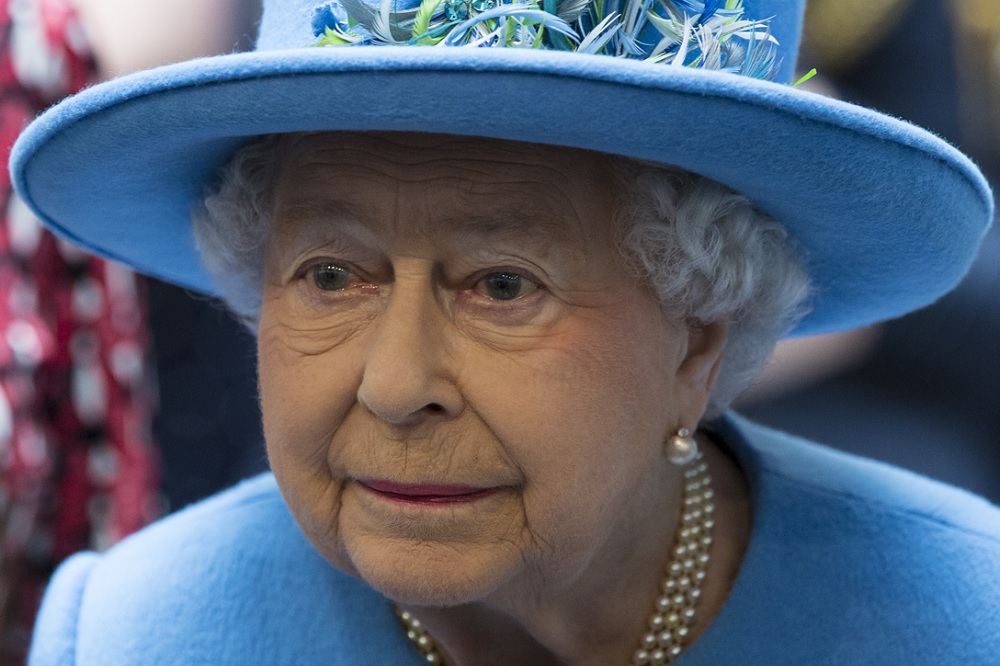Support for elected head of state highest in Wales and Scotland, poll suggests

Support for an elected head of state for the UK is highest in Wales and Scotland, a new poll has suggested.
43% and 44% support an elected head of state rather than a monarchy in Wales and Scotland respectively, while across the UK the average was 34%.
Within England, support for an elected head of state was lowest in the north of the country at 27% and highest in London at 45%.
The poll by Omnisis was commissioned by Byline Times.
“Polling conducted this week by Omnisis shows that there is a significant body of support in Scotland and Wales for an elected head of state – with 44% of respondents in the former and 43% in the latter supporting the end of the constitutional monarchy,” they said.
“This compares to an England-wide average of 32% who support an elected head of state.
“Comparative polling also suggests that respondents may have been influenced by the Queen’s Platinum Jubilee, which is being celebrated this week.
“Back in February, Omnisis asked respondents whether they supported the presence of a monarchy in Britain, with 47% of Scottish and 48% of Welsh respondents saying that they did not.”
Byline Times noted that: “While these divides have not yet opened into a chasm, the presence of an ideological rupture between England, Scotland and Wales could further fuel independence movements.”
The poll also asked respondents how they thought the Queen would vote if she could do so.
52% said Conservative, 22% Labour, 11% thought the Greens, 8% said the Liberal Democrats, and, perhaps surprisingly, 1% went for Plaid Cymru.
Earlier this week, Welsh Election Study also published Wales-specific polling on the monarchy.
Support our Nation today
For the price of a cup of coffee a month you can help us create an independent, not-for-profit, national news service for the people of Wales, by the people of Wales.






There has always been a “ideological rupture ” between England and the rest. If it were down to voters in the Celtic country’s, the Tory party would never have been in power in the UK parliament, just look at the make up of devolved gov since their inception. England vote right wing, and the rest are left wing.
This is how I see it too. For me, this is the main reason for independence. We are ideologically separated and the Westminster (read English) government will never act in our best interests. Surely if nations are not ideologically aligned it is better for them to be separate, for both their best interests
The French and the Russians had the right idea about royalty! ☭🇷🇺🇫🇷
Russians had no say in the blood bath by the Bolsheviks, who went on to create many of the problems in the world today, one we are witnessing right now. We could still keep someone of English royalty as head of state, which might prevent us squabbling, and keep friendly relations with “next door”? I don’t insist, of course.
Tom. Suggest you visit Russia as
soon as the current war is won by Ukraine. You may find your view on this topic is challenged..
Just a change of Dynesty im
afraid. 😳
Suck on this timmy boy
Good to see.
Although I think most of this result in Cymru will be from a Socialist POW rather than a Nationist one!
Quite probably. One step forward for the nationalists too though. For many Royalty is the glue that holds the union together. Retiring that institution helps our case